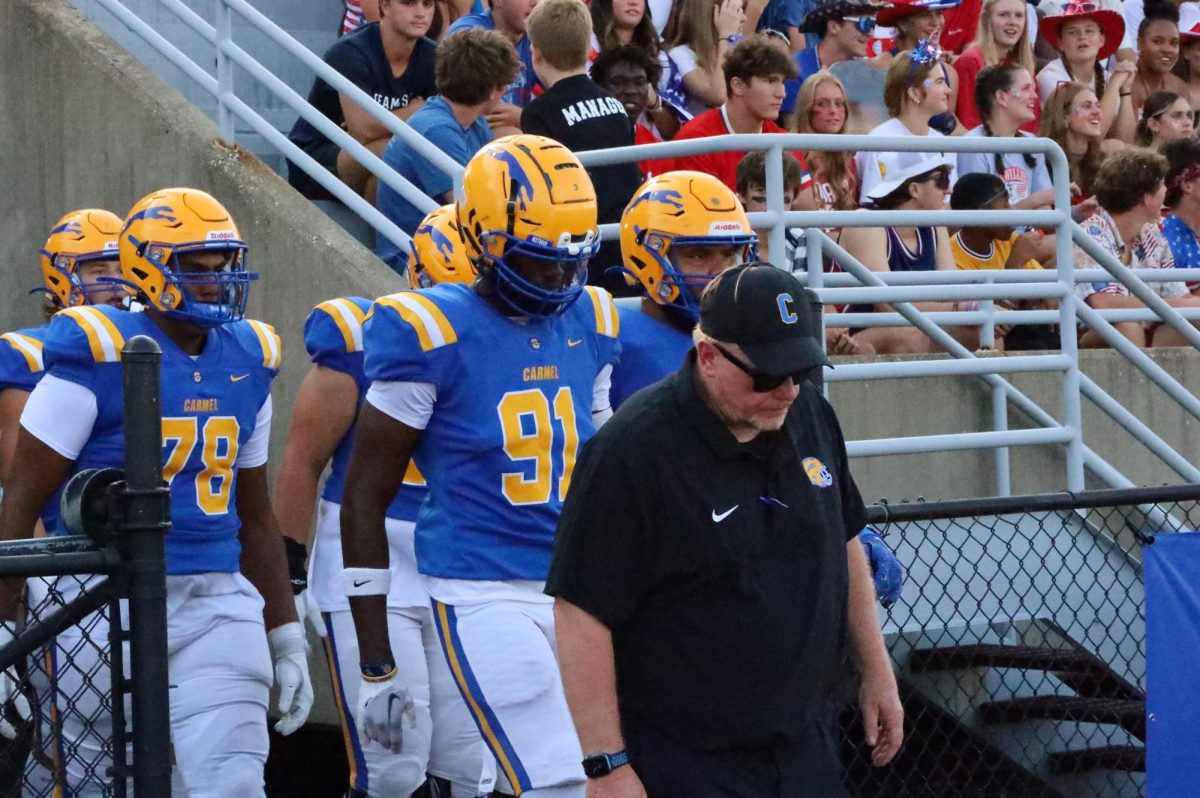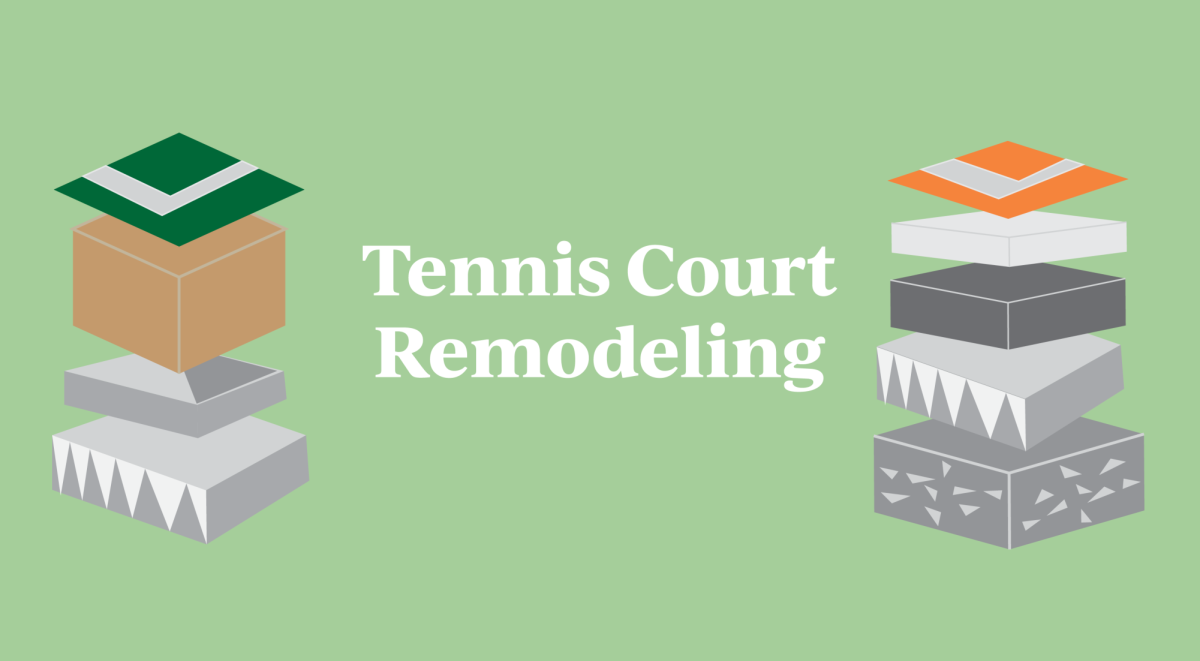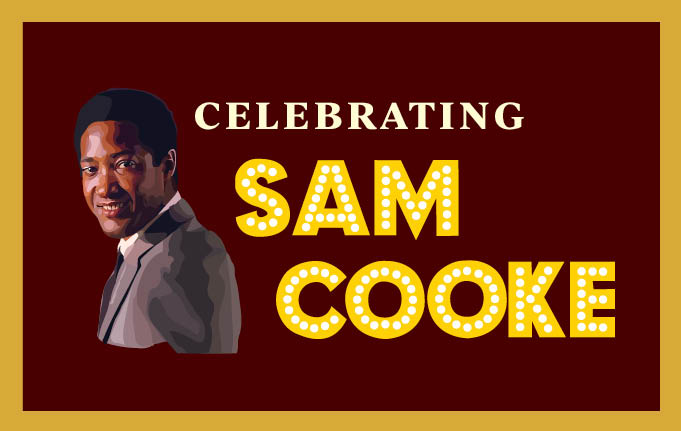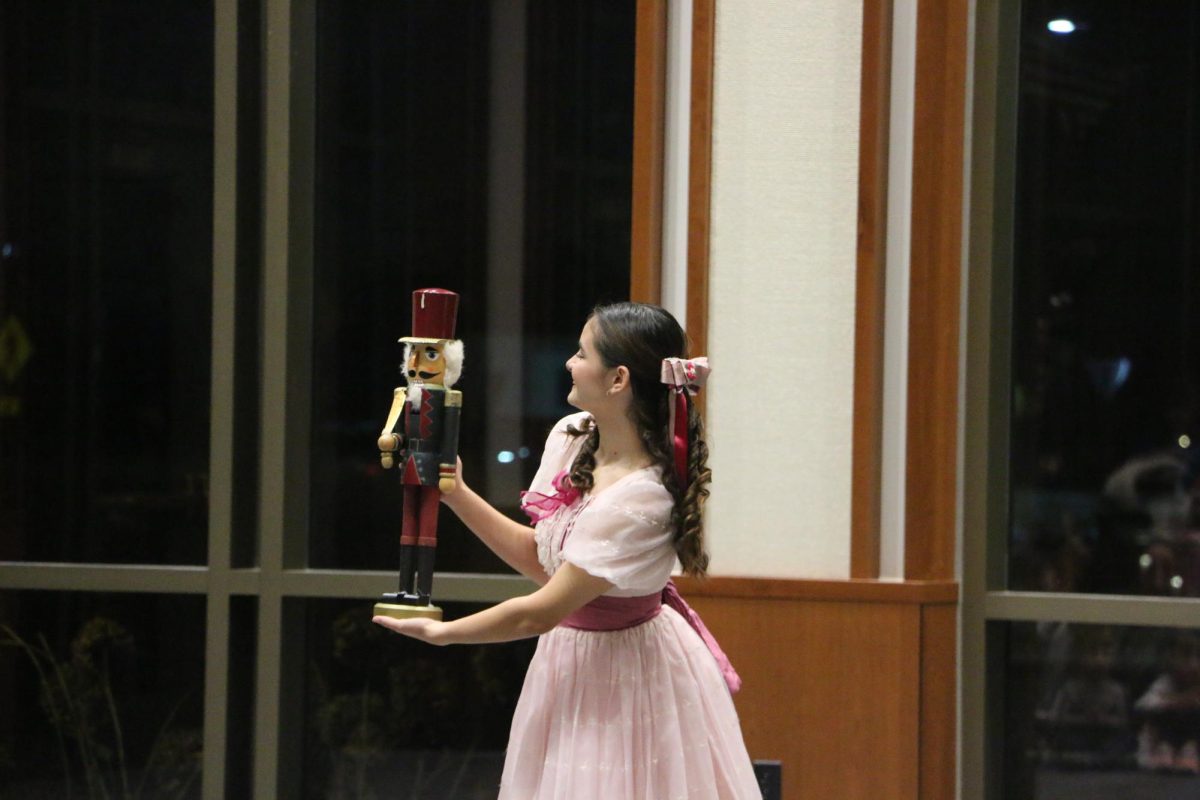Spoiler Warning: This review contains spoilers for season four of “Outer Banks”
The appeal of “Outer Banks” was apparent from the pilot episode: a group of rag-tag teenagers fighting against all odds to defy social labels and search for long-lost treasure. Combining this motif of rebellion with good-looking cast members, Netflix has managed to hook millions of teens across the United States, who have spent their summers in OBX with the founders of Poguelandia. However, when the directors claim on Instagram that they are so happy to tell the “original five-part series,” you and I both know they are lying. Although season three was a drag until the last two episodes, the ending was incredibly satisfying with the crew finally reaping the rewards of their hard work—their life-threatening exploits—and finally finding El Dorado, the city of gold. I can bet all my personal belongings that this is simply an unwanted TV show renewal meant to help Netflix rake in more cash.
Let’s get the biggest thing out of the way. JJ’s death was sad, but not as sad as it could have been. The fourth season starts off with the Pogues basking in the light of success, yet their optimism is quickly dampened by JJ’s irresponsible spending. In the first four episodes, JJ is so much more annoying than I remember. His irresponsible spending and uncontrollable urge to manufacture problems for the Pogues deeply hurt my perception of him. Don’t get me wrong, JJ has been through it. From the trauma, physical abuse, and lack of a stable home environment, I deeply empathize with JJ’s plight, but I also had an extremely negative perception of his actions that harmed the group, ultimately making his death less tragic. One overarching theme I noticed is that starting in season three, the authors drag out the seasons, making everything in the first eight episodes completely useless. Netflix loves putting in these weird plotlines no one cares about. When in doubt, throw in some unwarranted confrontation between the Pogues and the Kooks, like at the beach, to generate yet more anger toward the Kooks.
My second huge issue with the season as a whole was that the characters were almost all flat. I felt it was really difficult to love any characters, yet Netflix did a good job of making me hate one character in particular: Chandler Groff. This pathological liar, murderer, and overall psycho was the only character I felt strongly toward, which honestly made the whole season very hard to watch since I can’t just hate someone when watching a show. Don’t watch this season for romance or any other plotlines that usually evoke profound feelings.
Overall, you’ll only like this season if you are extremely invested in the Pogue world that’s been built up. But if you are just a casual watcher, you’ll be fine with the last two episodes.
On this blog, members of the Carmel High School chapter of the Quill and Scroll International Honorary Society for High School Journalists (and the occasional guest writer) produce curations of all facets of popular culture, from TV shows to music to novels to technology. We hope our readers always leave with something new to muse over. Click here to read more from MUSE.






























![Keep the New Gloves: Fighter Safety Is Non-Negotiable [opinion]](https://hilite.org/wp-content/uploads/2024/12/ufcglovescolumncover-1200x471.png)














































![Review: Who should have really won season 33 of "Dancing with the Stars"? [MUSE]](https://hilite.org/wp-content/uploads/2024/12/Dancing-with-the-Stars-Photo-1200x657.png)
![Review: "Wicked" is a worthy adaptation of a legendary musical [MUSE]](https://hilite.org/wp-content/uploads/2024/12/Screenshot-2024-12-23-at-6.00.53 PM-1200x793.png)
![Review: “Wind and Truth” is the perfect ending [MUSE]](https://hilite.org/wp-content/uploads/2025/01/wind-and-truth.jpg)
![Review: Survivor’s 47th season cements itself as one of the greatest seasons of reality television [MUSE]](https://hilite.org/wp-content/uploads/2025/01/Survivor_47_logo.webp)
![Video Review: Carmel Bazbeaux [MUSE]](https://hilite.org/wp-content/uploads/2024/12/Screen-Shot-2024-12-24-at-2.12.20-PM-1200x681.png)
![Review in Print: Maripaz Villar brings a delightfully unique style to the world of WEBTOON [MUSE]](https://hilite.org/wp-content/uploads/2023/12/maripazcover-1200x960.jpg)
![Review: “The Sword of Kaigen” is a masterpiece [MUSE]](https://hilite.org/wp-content/uploads/2023/11/Screenshot-2023-11-26-201051.png)
![Review: Gateron Oil Kings, great linear switches, okay price [MUSE]](https://hilite.org/wp-content/uploads/2023/11/Screenshot-2023-11-26-200553.png)
![Review: “A Haunting in Venice” is a significant improvement from other Agatha Christie adaptations [MUSE]](https://hilite.org/wp-content/uploads/2023/11/e7ee2938a6d422669771bce6d8088521.jpg)
![Review: A Thanksgiving story from elementary school, still just as interesting [MUSE]](https://hilite.org/wp-content/uploads/2023/11/Screenshot-2023-11-26-195514-987x1200.png)
![Review: "When I Fly Towards You", cute, uplifting youth drama [MUSE]](https://hilite.org/wp-content/uploads/2023/09/When-I-Fly-Towards-You-Chinese-drama.png)
![Postcards from Muse: Hawaii Travel Diary [MUSE]](https://hilite.org/wp-content/uploads/2023/09/My-project-1-1200x1200.jpg)
![Review: "Ladybug & Cat Noir: The Movie," departure from original show [MUSE]](https://hilite.org/wp-content/uploads/2023/09/Ladybug__Cat_Noir_-_The_Movie_poster.jpg)
![Review in Print: "Hidden Love" is the cute, uplifting drama everyone needs [MUSE]](https://hilite.org/wp-content/uploads/2023/09/hiddenlovecover-e1693597208225-1030x1200.png)
![Review in Print: "Heartstopper" is the heartwarming queer romance we all need [MUSE]](https://hilite.org/wp-content/uploads/2023/08/museheartstoppercover-1200x654.png)




![Review: Season four of "Outer Banks" was a waste of my time and here’s why [MUSE]](https://hilite.org/wp-content/uploads/2024/11/obx4.jpg)